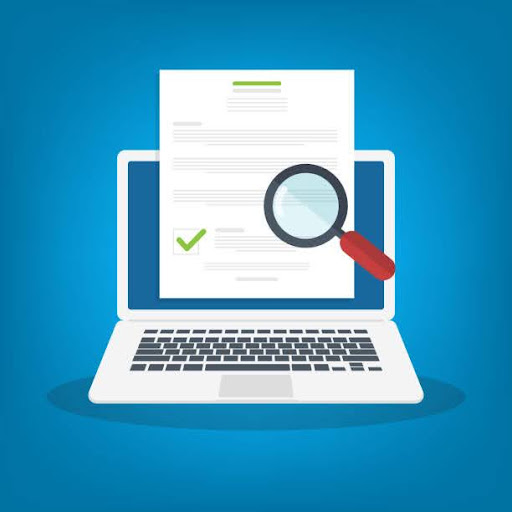In the bustling world, where each transaction involves the bank, having an account is indispensable. Humans can only survive by adopting modernity and adapting themselves to technology. That is why making transactions through banks is critical, as it will not only let people transfer money anywhere instantly but also make the transactions secure and protected.
Opening a bank account is also more than just a bludge, and it takes alot for the banks to verify the identity of the applicant. This blog is the ultimate guide and will discuss primarily all the information regarding Bank KYC Documents and their requirements.
What are Bank KYC documents?
The Bank KYC documents are the applicant’s credentials, which are verified appropriately according to the regulations. The bank KYC and identity verification documents may deviate from country to country while they are equivalent. They also include the information the government allocates to individuals, such as the ID card and social security number. The other government derived documents are the following:
- Passport
- Driver’s license
- Utility bills
- Housing contracts and rental agreements
- Social security card
- Bank account statement or Passbook entries
- Voter’s identity card
- Proof of residence issued by a notary public or a government authority
- Maintenance bills
Why Is Documents Verification in Banks Needed?
In the US, 23.1 percent of identity fraud complaints were filed with the FTC (Federal Trade Commission) in 2021 due to credit card fraud. An additional 23.5 percent of fraud complaints were registered because of identity theft related to government documents and benefits. Several other statistics reveal that the rate of identity theft in the US has overgrown over the years and will continue to grow. Due to the overgrown number of cases filed with the Federal Trade Commission, the essential KYC process for the document verification in banks is a must. The KYC process is mandated for the banks to ensure the following:
- Verify all the official documents of the applicants
- The financial status of the applicant
- Reduce the risk factors and enhance risk tolerance
How can a Bank Verify Documents? Comprehend the Requirements
The Document verification process in banks and other financial organizations is called KYC (Know Your Customer). KYC is a standardized procedure with proper regulations and requirements. Financial organizations require it to verify customers’ identities, ensure they are eligible for bank services, and minimize risk using the KYC regulations. The KYC procedure is extensive and has three significant phases that are:
- Client or Customer Identification: In this phase, banks or financial organizations verify the documents and ensure the customer’s identity.
- Customer Due Diligence: The next phase starts after the identification of the individuals. Customer due diligence comprises the organization collecting the supplementary credentials and carefully evaluating the application and the profile of the applicant to determine the authenticity. This also identifies doubtful activities and ascertains a clean background to avoid potential risks.
- Ongoing Monitoring: The third phase involves ongoing monitoring of the customer. This is an integral measure as the extant information may modify with time.
How Document Verification Benefits the Organization
Bank KYC documents help prevent suspicious activities and diminish risk factors. The goal is to opt for the optimal identity verification software and enhance KYC services to avoid risk, fraud, and financial loss. Let’s discuss the few benefits of document verification online.
Customer Satisfaction: The bank KYC document verification satisfies the customers with its fast and accurate service.
Cybersecurity: The bank KYC document safeguards organizations from hackers and fraudsters by precluding unauthorized access to sensitive data.
Cost-Effective: The online verification of documents saves time and a lot of money, as this takes help from the technology.
Fraud Prevention: The document verification ensures the identities of the applicants and prevents fraud, such as identity theft, money laundering, and any other activity involving criminal behavior or submitting the conceived information.
Criminal Activity Protection: The document verification avoids money laundering, identity theft, and other undertakings.
Age Verification: Bank KYC documents also ensure that the applicants are 18 or older, which can prevent legal ramifications.
Document Verification Online Requires Modern Technology
On the other hand, technology is a convenient and modern method of KYC authentication. As people opt for advanced technology, KYC authentication is becoming more advanced, which employs more trained and advanced AI and machine learning tools. Further, the use of biometrics, blockchain technologies, and extensive data analytics will also play a significant role in leveraging KYC. Modern technology plays a crucial role in Document Verification Online.
Final Words
Bank KYC documents are fundamental for opening an account, even for online verification of the documents or for working with other organizations. Technology, on the other hand, is crucial for verifying identities and performing KYC quickly. Online verification software saves time and money as it is always efficient and accurate.


